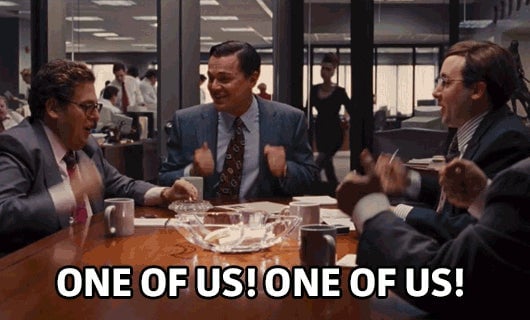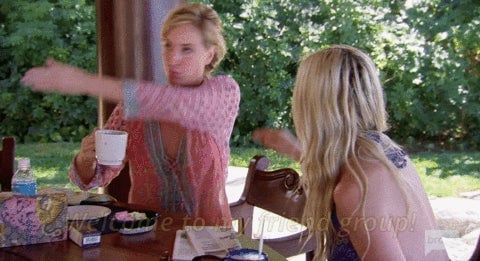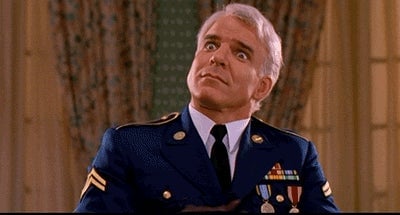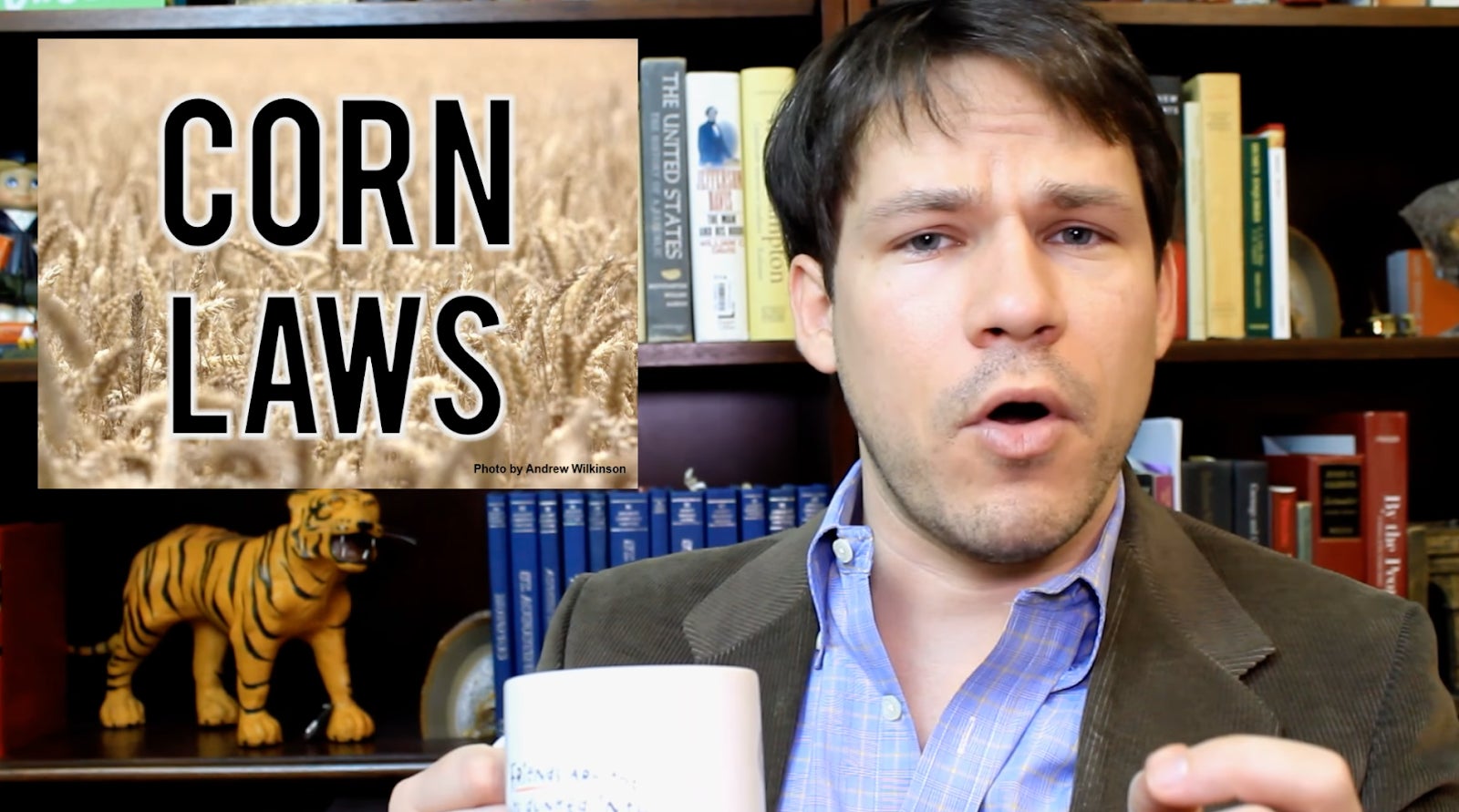Friendshoring: Not so free trade
Pleasantries at the port

Pleasantries at the port
Suggested Reading
When Russia invaded Ukraine in February 2022, over 30 countries imposed crippling sanctions on Russia’s economy. Without the same level of free trade, several commodities increased in price both in Russia and around the world.
Related Content
In response, US treasury secretary Janet Yellen advocated for a new form of “onshoring”—bringing back business operations to their country of origin—called “friendshoring.” Instead of boosting domestic production to reduce over-reliance on authoritarian regimes, friendshoring calls for countries with like-minded values to collaborate on protecting their own supply chains.
If Europe buys gas and rare earths from the US and in turn supplies Australia and Canada with semiconductor chips, surely these supply chains will weather political storms better than those reliant on Russia or China, right? Well, even the best-intended agreements can be bad for business.
Let’s search the shore for some friends.
By the digits
2.2%: Expected decline in global trade growth in 2022, according to the World Trade Organization
5%: How much global GDP would drop if countries split into two economic trading blocs
1%: Fall in US GDP if this split happened
7%: Decline in GDP for developing nations under the arrangement
43: Countries that Apple sources materials from to build the iPhone
25-30%: Global supply of palladium, a material used in iPhones, that Russia produces

Reality TV but make it geopolitical
In a speech last April to the Atlantic Council, a US think tank for international affairs, US treasury secretary Janet Yellen called out China for working with Russia despite the country’s invasion of Ukraine.
“I really hope that we don’t end up with a bipolar system,” Yellen said, emphasizing how the US needs to “work with China to try to avert such an outcome.”
Becoming trading friends, or at least frenemies, with other nations doesn’t just isolate those that aren’t in the clique. It unites countries that are like-minded on issues like labor, the environment, and privacy protections, Yellen said.
But rather than penalizing just adversary nations, friendshoring can hurt poor countries, economist Raghuram Rajan has said, arguing that the policy would increase the “risks that these countries become failed states, fertile grounds to nurture and export terrorism.”
Maybe the answer lies in using friendshoring as a defensive measure rather than an attack. British business journalist Hugo Dixon claims that this is actually the US treasury’s position, based on one unnamed source. He said the agency wants to remove total reliance on countries whose values don’t match the US’s, instead of trying to get those countries to change by cutting them off.
Quotable
“We’re not here simply, really, to ask for ‘proof of love.’ [...] We came to agree on a strategy and to clarify what was necessary to clarify, and we did.”
—French president Emmanuel Macron on Dec. 1, 2022, at a press conference with US president Joe Biden in Washington DC. In response to complaints from Macron, Biden said he would attempt to amend parts of his Inflation Reduction Act, which favors American renewable energy production, to include Europe. Not exactly words of love… but France doesn’t seem to mind the friendzone.

Pop quiz
What materials would benefit the US to friendshore?
A. Semiconductors
B. Books
C. Hot tubs
D. Airplanes
Brief history of free trade
16th century-18th century: Mercantilism dominates global trade. The system focused on earning more on exports than what was spent on imports
1776: Adam Smith’s The Wealth of Nations, which advocates for free trade, is published
1846: The British Corn Laws, which put tariffs on cereal and maize, are repealed
1927: The League of Nations organizes the first World Economic Conference
1947: The General Agreement on Tariffs and Trade (GATT) is created to promote free trade
1995: The World Trade Organization replaces GATT
2021: Two economists at the Brookings Institution credit Bonnie Glick, the former deputy administrator of the US Agency for International Development, for coining the term “allied-shoring” in private
Fun fact!
The largest trading ship in the world—twice the size of the Titanic—was an oil tanker named Seawise Giant. It clocked in at 458.46 m (1,504 ft) long. Not even a 1988 bombing that sank the vessel could keep it from rising again. After its resurrection, it took on a multitude of different names, including Jahre Viking, until it was dismantled in 2010.

High school teacher Tom Richey digs into the repeal of the British Corn Laws, which, as it turns out, weren’t even about corn (well, at least not the kind grown in the US; in British English, corn stands for wheat, oat, and other cereal grains). British parliament imposed protective tariffs on foreign wheat to support domestic agriculture, which in turn raised domestic wheat prices. That didn’t go over well.
Take this thought ashore 🌊
In economics 101, most students learn that free trade provides a comparative advantage for countries. The idea comes from a British economist named David Ricardo and follows from Adam Smith’s theory (pdf) about the division of labor (which is completely visible, unlike his hand).
Comparative advantage suggests that countries will trade based on their individual talents and resources. Some countries are better at making airplanes than others. Other countries are great for growing bananas or specialize in exporting raw materials used for electronics. But those advantages break down in the face of economic sanctions.
The emergence of friendshoring shows the limits of globalization to produce harmony. Coming out of the Cold War, democratic countries assumed that authoritarian countries could be grafted into a more stable order through commercial and financial means.
The German phrase Wandel durch Handel or “change through commerce” summed up this approach (pdf), and Germany was a key part of trying to bridge ties between Russia and the West.
Out of this strategy came the Nord Stream 2 gas pipeline which runs from Russia to Germany. But since the invasion of Ukraine, Germany has been working to reduce its Russian energy dependence.

Poll
Who would you build a resilient supply chain with?
- Frito-Lay—I want snacks to roll off the conveyor belt and onto my doorstep
- Taylor Swift—Let’s bypass Ticketmaster
- HBO Max—To bargain for an early release of The Last of Us
Come on, we’re friends! What supplies would you shore up?
💬 Let’s talk!
In last week’s poll about confetti, 64% of you said that glitter is absolutely not confetti, but almost 20% of you said it absolutely is. We’d like to see how this debate would play out. We’re more in agreement with the remaining 16% who just want to party.
Today’s email was written by Nate DiCamillo (shoring up my friend list in the new year) and edited and produced by Morgan Haefner (wants to hang out with some friends by a shore).
The correct answer to the pop quiz is A., Semiconductors. Taiwan makes 90% of the world’s chip supply, a key piece of tech that has become a point of tension between China and the US.
Samanth Subramanian contributed to this email.